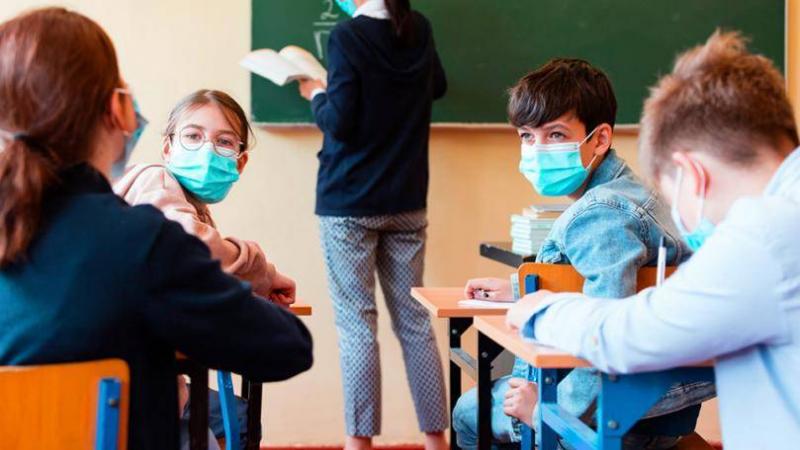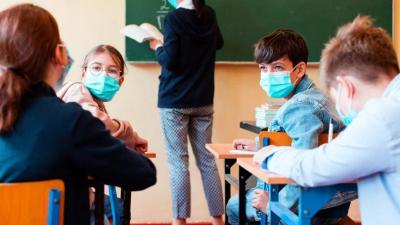With great difficulty, the education sector, both public and private, along with students' families and teachers, managed to get through 2022. However, the start of 2023 does not appear promising. After a protest by public sector teachers threatening to strike, private sector teachers have issued a warning. The head of the private school teachers' syndicate, Ni'ma Mahfoud, stated in a press conference that "completing the academic year requires the minimum essentials for life," setting a deadline that "ends on January 8.” He added, "We will be relieved of the promise we made to ourselves to complete the academic year." The Lebanese University is not immune to the crisis, as there are leaks of information suggesting that professors may also resort to an open-ended strike soon.
Educational sources confirm to "Al-Markaziah" that "all educational problems can be summarized in one word: funding." If funds were made available to support school budgets, the crisis would end. In private schools, although most of the larger institutions, which comprise only 10 percent of the total, have imposed fees in dollars on parents, ensuring teachers receive their rights and compensating for retirement or end-of-service funds, many intermediate and smaller schools, which make up 90 percent of the schools, collect very little in dollars or sometimes nothing at all. Consequently, they are unable to pay teachers’ salaries and cover operational costs, particularly fuel. The salaries of some teachers are sometimes insufficient to reach their workplaces. Additionally, these schools face a shortfall of billions in Lebanese pounds for their compensation funds, which is why we heard the teachers' outcry yesterday.
The sources hope that private schools will improve the conditions for their teachers because they are the fundamental pillar of any educational institution, and without them, there is no education or schools. In the public sector, teachers were promised $130 since the $90 is not sufficient, but the donors and funds allocated cannot be managed or redirected by the Ministry of Education without a Cabinet and Parliament, as the loan was issued by law and can only be changed by another law. Attempts have been made to secure funds, but the way forward seems closed from all directions to Lebanon; no donor has facilitated the process, not even the Europeans, who face their own energy and gas issues and consider their countries a priority.
The sources confirm that efforts have not ceased, hoping for a breakthrough from somewhere, but this requires a decision from the donors to change the allocation of funds. For example, there are loans for building new schools or renovating others from donors that do not allow for a change in direction to, for instance, convert them into transportation allowances or wages for teachers. The sources point out that efforts continue to find support and will not stop in order to save the academic year because the consequences of a strike are severe for students, especially since leaked information indicates that classes may be limited to two days a week after the break, and this situation may continue until the end of the academic year if teachers' demands are not met. This scenario will also apply to official vocational and technical teachers.
Education in both the private and public sectors is threatened, which could negatively affect students preparing for the official examinations, especially the baccalaureate. In anticipation of any emergency, the Educational Center has begun sending surveys to teachers to assess the lessons completed since the start of the year, especially since the Minister of Education insists on conducting the official examinations across the entire curriculum. Will the academic year be saved before it is too late? The sources confirm that the educational crisis cannot be separated from the overall economic crisis and cannot be resolved independently from the needed reforms and recovery plan required across all sectors and institutions.




